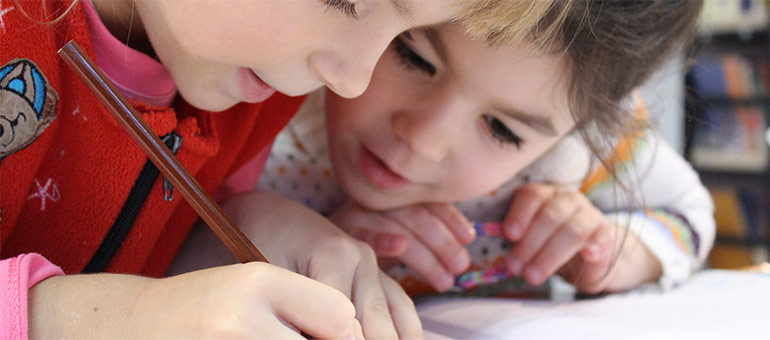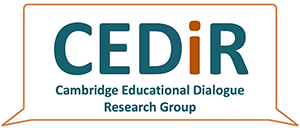About this research strand
This strand investigates the range of theories put forward to understand the processes connecting dialogue and learning as well as the interconnection between dialogue and the purposes and nature of education. In exploring the various theoretical perspectives behind research on educational dialogue we are concerned to understand their relationships as well to take theory forward. In doing this we also aim to develop innovative methodological approaches that are dialogic in themselves.
Areas of research include multimodal meaning making when this is understood as dialogue; the philosophy of dialogue and dialogic; dialogic and transdisciplinary investigation of complex educational phenomena; and paradigmatic and methodological issues of researching dialogue and presenting research on dialogue.
Strand Leaders
Rupert Wegerif and Fiona Maine (with others including Riikka Hofmann, Ruth Kershner & Louis Major)
Projects include
DIalogue and Argumentation for cultural Literacy Learning in Schools (DIALLS) (EC Horizon 2020: 2018-2021. Maine & Hoffman).
DIALLS is an EC Horizon 2020 project in collaboration with eight European Partners that started in May 2018. Fiona Maine is the Principal Investigator and leads the project. The UCAM research team includes Riikka Hofmann, Vic Cook, Gabriel Duckels and also Zoe Jaques from the Children’s Literature research group. The project aims to support and map the development of cultural literacy in young people through their interactions with each other and with wordless narratives (picturebooks and short films). Teaching children the skills of argumentation and dialogue, we centralise the importance of tolerance, empathy and inclusion as key dispositions in becoming culturally literate.
The role of dialogic a/symmetrical interactions among peers in diverse, multimodal reading situations
British Academy/Leverhulme: 2016-18. Maine & Hoffman.
This project analyses: the role of dialogic interactions among peers in the context of diverse multimodal reading situations; the role of symmetry and asymmetry in these interactive reading contexts; children’s reflections on their own collaborative processes in these interactive reading contexts.


